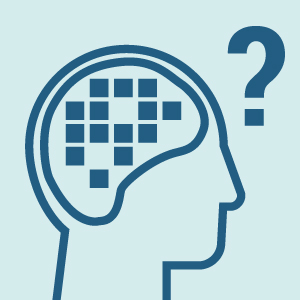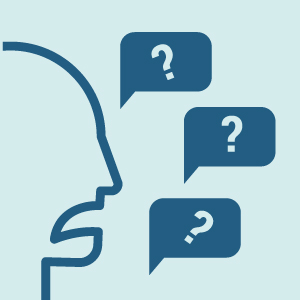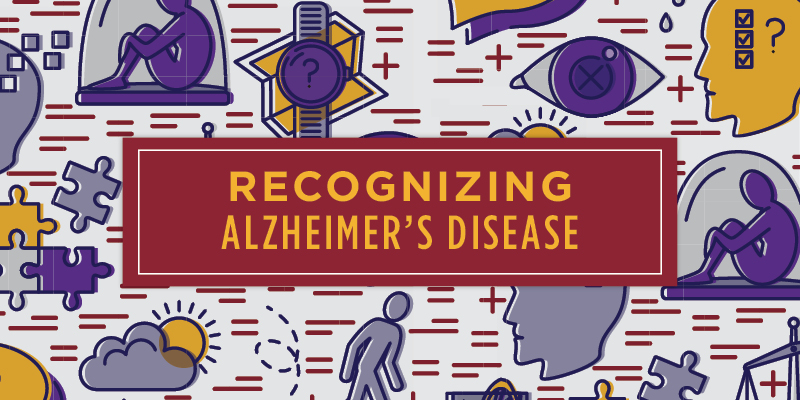Alzheimer’s disease is a form of dementia frequently recognized by its hallmark forgetfulness. But Alzheimer’s is a degenerative brain disease that – different from standard age-related memory problems – starts a decade or more before symptoms of cognitive impairment appear. In this edition of our ‘5 Questions’ series, we’ll look at six (yes, more than five, but they are all relevant and important) potential symptoms of Alzheimer’s disease that differ from typical age-related changes.

1)Is the person experiencing memory loss that is disrupting daily life or creating confusion about time and place?
Memory loss is a hallmark of Alzheimer’s because it is one of the most common symptoms, and often one of the earliest symptoms. Memory loss from Alzheimer’s differs from age-related cognitive decline in that it becomes severe and an impediment to daily life.
Memory impairment can include forgetting important information, dates, events, and even lead to confusion about time and place. Often, those suffering from Alzheimer’s will ask the same questions repeatedly or forget where they are and how they got there.

2)Is the person experiencing difficulty with completing familiar or routine tasks?
Difficulty with familiar tasks is common in Alzheimer’s patients. This can include basic and daily activities, such as completing a grocery list, navigating or driving to a familiar place, or even returning items to a familiar place. The cognitive impairment caused by Alzheimer’s often results in misplacing things or putting items in unusual places.

3)Are there problems with planning or problem solving?
Changes in the ability to plan and problem solve can become issues with dementia patients. This could range from issues with concentrating to problems keeping track of bills. Issues can also appear as an impairment in judgment for routine tasks, often related to money or grooming.

4)Is the person finding it difficult to understand images or space?
This is a cognitive problem as opposed to a visual issue but may appear to be vision-related. Alzheimer’s can lead to problems with reading, color contrast, or depth perception (which can create balance or driving issues).

5)Have new language issues developed – problems with speaking or writing?
More than just being unable to place a word, which is a common symptom of age-related cognitive decline, Alzheimer’s patients have difficulty following the flow of a conversation. They often will also have a difficult time finding the name of a common object, though still understanding the concept behind it, which can result in wrong or made-up names for items that describe the function of the object, such as referring to a phone as ‘the ringer,’ or ‘the thing I call people on.’

6)Has the person exhibited shifts in mood or personality?
Because of their impaired brain function, people with Alzheimer’s can become confused, more suspicious, depressed, anxious, or even fearful. These can be exacerbated when they are in a physically or mentally unfamiliar situation.
If you have noticed more than one of the above symptoms in yourself or a loved one, you need to schedule a doctor’s appointment. While there is no known cure for Alzheimer’s, treatment can help relieve symptoms and provide independence for a longer period of time.

